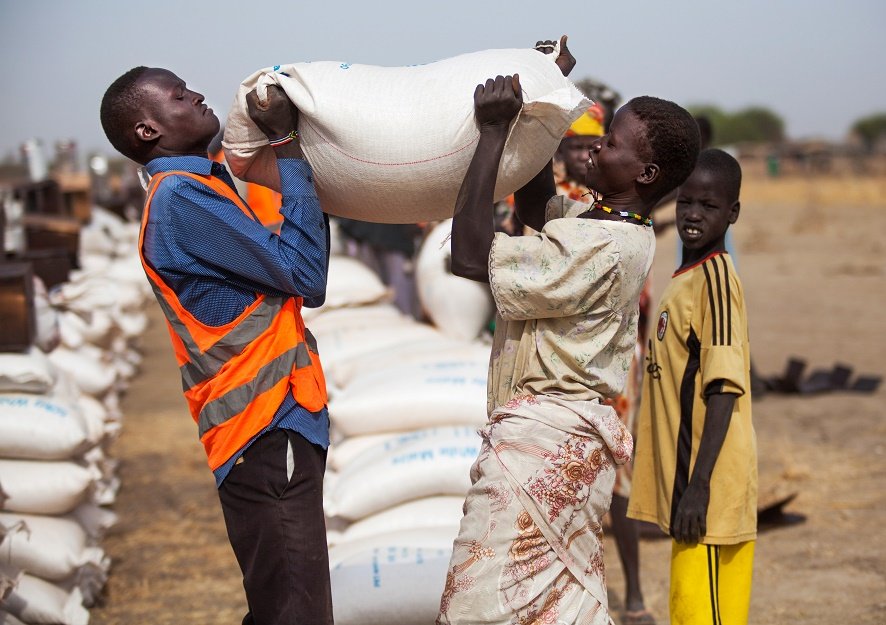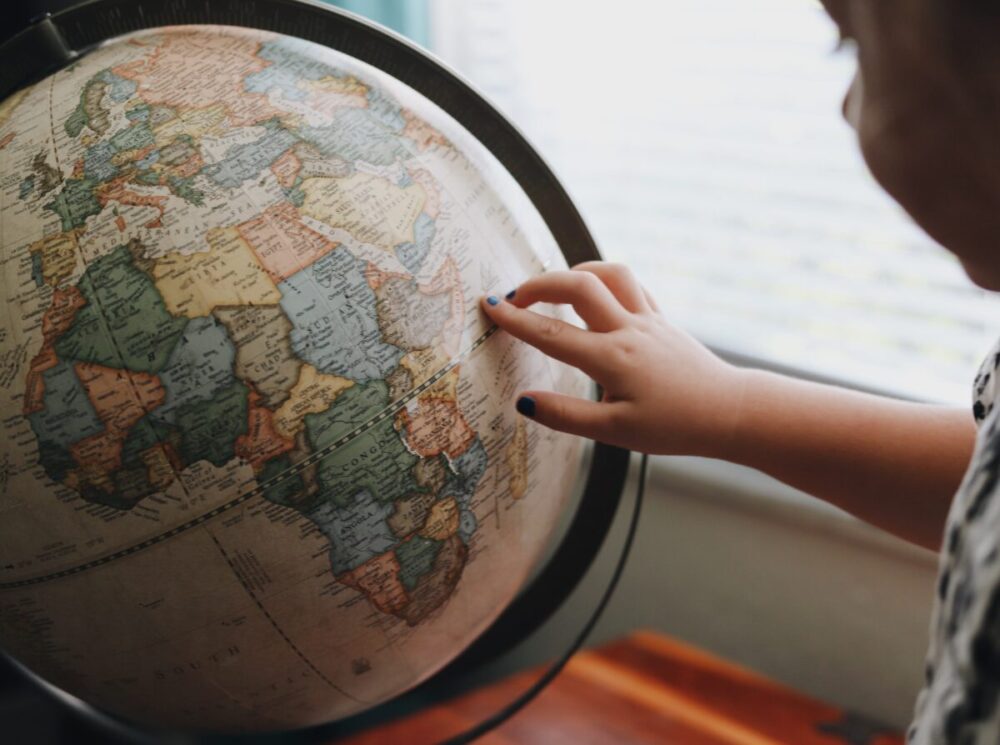Workers’ compensation is a system of insurance that benefits employees who are injured or who become ill due to their job. The program is designed to help workers cover medical expenses and lost wages while they recover from their injuries or illness.
While workers’ compensation is a vital safety net for workers, the program has its problems. In many countries, workers’ compensation claim is denied at an alarming rate. This can leave workers with no safety net to catch them when they fall.
This article will look at the top five best and most dangerous countries for workers worldwide.
The Top Five Best Countries For Workers

Source: hcamag.com
There are many factors to consider when choosing a country to work in, but the most important are: cost of living, quality of life, job assurance, and worker security. We will discuss these topics in more detail and provide you with the top five countries for workers.
1. Denmark
This country is the best country for workers based on these metrics. The cost of living is low relative to other countries in Europe. At the same time, the quality of life ranks high due to its strong social safety net and healthy environment. Denmark also has a relatively low unemployment rate (4%) compared with other European countries.
2. Canada
The country comes second on the list thanks to its high job security and excellent working conditions. The country has an unemployment rate below 5%, which means there’s always room for new employees in Canada’s economy. Canadian employers offer generous benefits such as paid vacation days and health insurance coverage for their employees.
3. Germany
The country rounds out the top three best countries for workers based on this study because it offers both good paychecks and great working conditions. German companies are known for being highly competitive but also providing their employees with excellent benefits such as retirement plans and flexible work hours.
In addition, Germany has one of the lowest levels of employee theft in Europe, meaning businesses can trust their valuable data will remain safe throughout the process.
4. The United States
The country is considered the best country for workers with a strong economy, meaning there are plenty of jobs available for those who want them. Additionally, the country offers excellent job security with generous benefits packages and an extensive system of worker protections. In addition, American enjoy high levels of freedom at work and home thanks to laws like the Family Medical Leave Act (FMLA).
5. Japan
The country has a strong economy with low unemployment rates, making it an attractive workplace. Furthermore, Japanese companies are known for being very family-friendly; many offer maternity leave and days off for birthdays or holidays. These policies make working in Japan exceptionally emotionally and physically comfortable because of its excellent job assurance and worker security thanks to its strict labor laws and stable economy.
The Top Five Most Dangerous Countries For Workers

Source: face2faceafrica.com
Workers worldwide face severe dangers on the job, and it’s not just physical danger that they’re concerned about. In fact, according to a recent report, five of the most dangerous countries for workers are Liberia, Uganda, Libya, South Sudan, and Syria.
Each of these countries has high levels of violence and instability, which puts employees at risk physically and emotionally. In addition to the physical danger from workplace accidents or injuries sustained while performing their duties, they also face threats from social unrest or government persecution.
For example, there have been reports of companies firing or disciplining employees without due process because their political views differ from those of their managers.
Workers are often forced to work in hazardous conditions with little to no pay. This situation can lead to tension and anger among employees, leading to conflict or even violence. In addition to physical danger, workers in these countries also face significant risks regarding their job security.
For example, Uganda is one of the few countries in Africa where employment law does not protect workers’ rights in terms of wages and hours worked. This means that employers can easily fire an employee without cause or negotiate lower wages with them than what is legally mandated.
There are many ways that businesses can help protect their workers from these dangers. By implementing safety protocols like mandatory hazard assessments and training for all staff members, companies can ensure that everyone is aware of the risks involved.
What Can Be Done To Improve Working Conditions In These Countries?

Source: hoffmannworkcomp.com
There are many factors to consider when trying to improve workers’ working conditions in dangerous countries. First, we must examine why these countries are so hazardous for workers. In some cases, it is because of the type of work that is being done.
For example, jobs that involve working with hazardous materials or in high-risk environments are more likely to be dangerous. Other times, it is because of how the work is conducted. If there are no safety regulations or employees are not adequately trained, they are more likely to be injured on the job.
So what can be done to improve working conditions in these most dangerous countries for workers? We need to ensure that proper safety measures are in place. This includes training programs for workers and strict safety regulations that government should follow. Additionally, we must ensure that companies provide adequate employee compensation and benefits.
This will help to incentivize people to stay employed with a company and help them feel more secure in their jobs. Finally, we need to advocate for better working conditions on a global scale. This means raising awareness about the issue and pressuring governments and businesses to make changes.
Conclusion
The working conditions in different countries can vary greatly. Some countries provide excellent working conditions for their employees, while others are much more dangerous. While it is essential to be aware of the risks involved in working in certain countries, it is also important to remember that many people work safely and effectively in these countries.
Ultimately, it is up to each individual to decide before you take that next job opportunity, be sure to do your research and weigh the risks against the rewards.





















